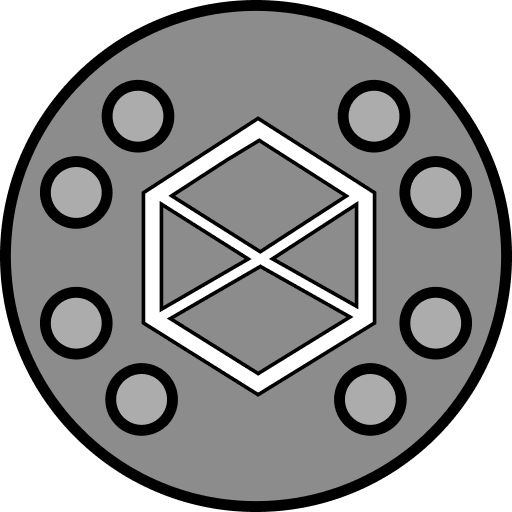Data haven
A data haven, like a or , is a for uninterrupted or unregulated . Data havens are locations with that are friendly to the concept of a freely holding data and even protecting its content and associated information. They tend to fit into three categories: a physical with weak information-system enforcement and laws, a physical locality with intentionally strong protections of data, and domains designed to secure data via technical means (such as ) regardless of any legal environment.
‘s onion space (hidden service), (centralized), and Freenet (decentralized) are three models of modern-day virtual data havens.
Contents
Purposes of data havens
Reasons for establishing data havens include access to for users in countries where of the is practiced.
Other reasons can include:
- Distributing software, data or speech that violates laws such as the
- Circumventing laws
History of the term
The 1978 report of the British government’s Data Protection Committee expressed concern that different privacy standards in different countries would lead to the transfer of personal data to countries with weaker protections; it feared that Britain might become a “data haven.” Also in 1978, Adrian Norman published a mock consulting study on the feasibility of setting up a company providing a wide range of data haven services, called “Project Goldfish.”
Science fiction novelist used the term in his novels and , as did Bruce Sterling in . The “modern-day” segments of ‘s 1999 novel concern a small group of entrepreneurs attempting to create a data haven.
See Also on BitcoinWiki
- Anonymity
- Anonymous P2P
- Pseudonymity
- Crypto-anarchism
- located in international waters in the North Sea
- , an in Sweden
- located in Sweden














 Twitter
Twitter
 Telegram
Telegram
